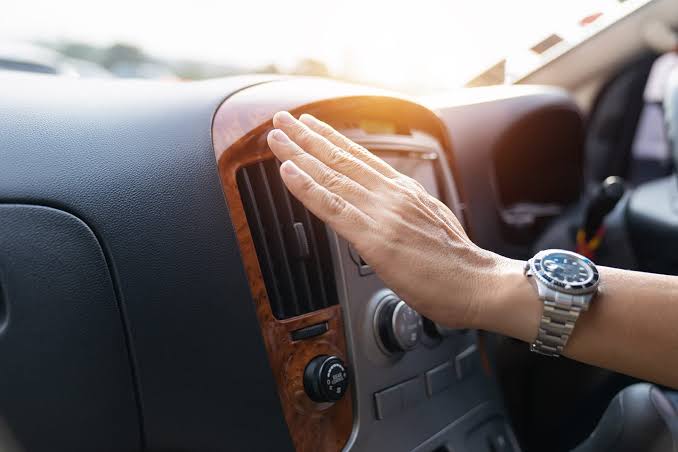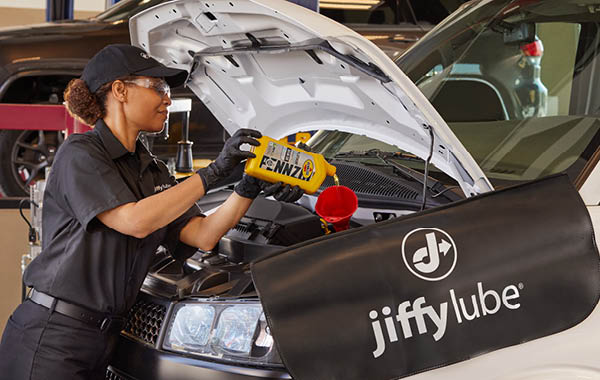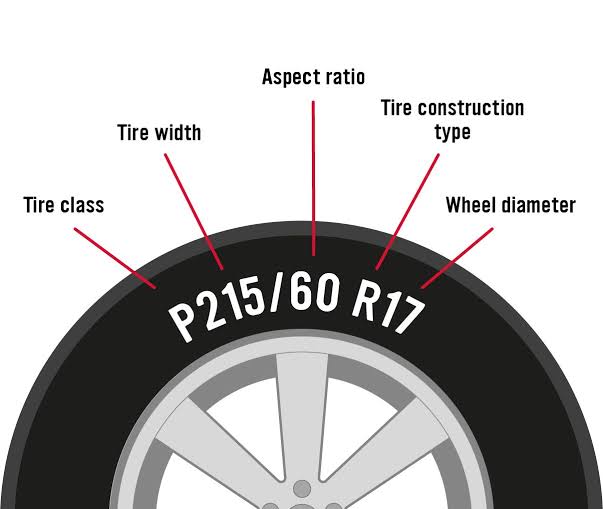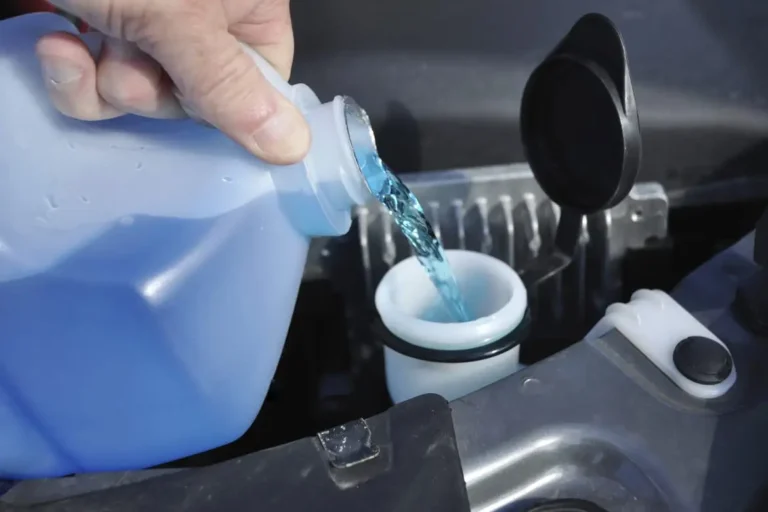Does Running Heat in a Car Use Gas?

As temperatures drop, turning on your car’s heater becomes a necessity for a comfortable ride. But a common question arises: does running heat in a car use gas? The short answer is yes, but the process is a bit more nuanced. In this blog post, we’ll explore how car heaters work, their impact on fuel consumption, and tips to optimize their use.
How Does a Car Heater Work?
Before diving into whether using the heater consumes gas, it’s essential to understand how the system works. A car heater relies on the engine’s cooling system. Here’s a quick breakdown:
- Heat Generation
- When the engine runs, it generates heat as a byproduct of combustion.
- The cooling system absorbs this heat to prevent the engine from overheating.
- Heat Transfer
- The hot coolant flows through the heater core, a small radiator inside the car.
- A fan blows air over the heater core, transferring heat into the cabin.
- Temperature Control
- The heater settings adjust airflow and regulate the amount of heat entering the cabin.
Does Running the Heat Use Gas?
Technically, running the heater does not directly consume gas because it utilizes waste heat from the engine. However, there are indirect ways in which fuel consumption can be affected:
1. Increased Engine Load
- The engine powers the blower fan, which circulates warm air inside the cabin.
- Running the fan on high settings can slightly increase the engine’s workload, consuming minimal fuel.
2. Idling the Engine
- If you let your car idle to warm it up before driving, the engine burns fuel even when stationary.
- Extended idling for heating purposes can increase overall fuel consumption.
3. Air Conditioning System (in Some Cars)
- In modern vehicles, the air conditioning system may activate during defrost mode to remove moisture from the air.
- Running the AC compressor does consume additional fuel.
Factors That Influence Fuel Consumption
1. Engine Type
- Gasoline and diesel engines rely on combustion, so they will always consume some fuel while running, regardless of heater use.
- Electric or hybrid vehicles may have separate heating systems that don’t depend on engine heat.
2. Driving Conditions
- Using the heater during stop-and-go traffic or idling increases fuel consumption compared to steady highway driving.
3. Heater Fan Speed
- Higher fan speeds demand more energy, which can slightly impact fuel efficiency.
Tips to Minimize Fuel Usage While Using the Heater
1. Warm Up Efficiently
- Avoid prolonged idling to warm up your car. Modern engines warm up faster while driving.
2. Use Moderate Settings
- Set the heater fan to a moderate speed to reduce the engine load.
- Use seat warmers if available, as they are more energy-efficient.
3. Keep Your Car Well-Maintained
- Regular maintenance ensures optimal engine efficiency, reducing overall fuel consumption.
- Check the cooling system for issues like low coolant levels or a clogged heater core.
4. Optimize Defrost Settings
- Use the defrost mode sparingly to minimize AC compressor usage.
FAQs
1. Does using the heater in an electric car use energy?
Yes, electric cars use battery power to run the heater, which can reduce driving range.
2. Does running the heater affect gas mileage?
The impact is minimal, as the heater primarily uses waste heat from the engine. However, idling or using the fan excessively can slightly reduce fuel efficiency.
3. Can running the heater damage my car?
No, using the heater does not harm the car. In fact, it can help prevent overheating by assisting in heat dissipation.
4. Is it better to use the heater or AC for defogging windows?
Both can be effective. The AC removes moisture, while the heater warms the glass to prevent condensation.
5. Should I turn off the heater before turning off the engine?
It’s not necessary, but turning off accessories like the heater can reduce battery strain during startup.
Conclusion
While running the heater in a car doesn’t directly consume gas, its indirect effects on fuel usage are worth noting. The heater uses waste heat from the engine, making it an efficient way to warm up the cabin. However, extended idling and high fan speeds can marginally increase fuel consumption.
By using your car’s heater wisely and maintaining your vehicle, you can stay warm without significantly impacting fuel efficiency. Whether you’re braving the winter or just trying to understand your car better, knowing how the heater works can help you make informed choices.






One Comment